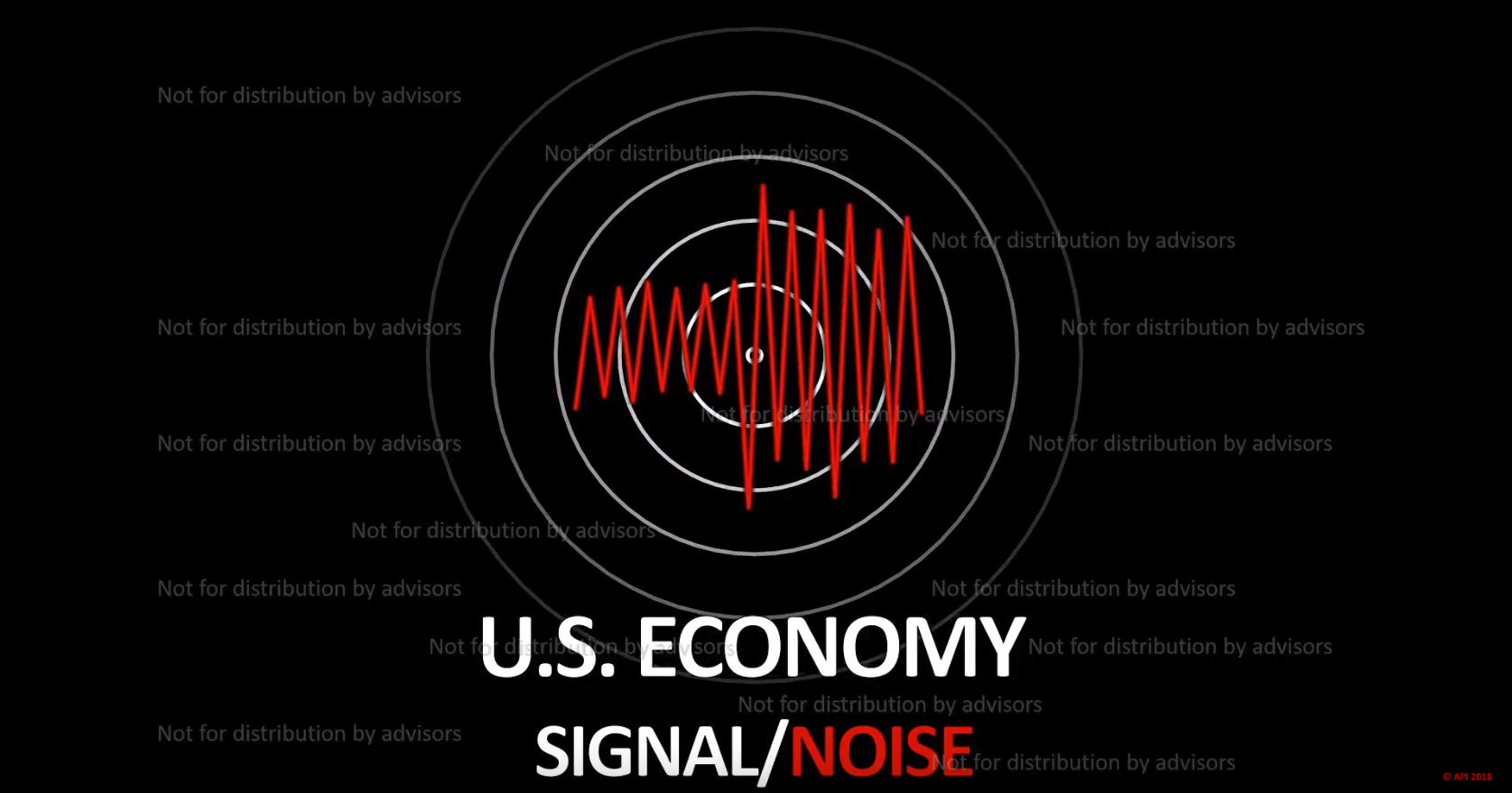Advent Software Says It Will Remain Independent After Reviewing Its Options, But What’s Really Going On? Hot
Advent had hired an investment banker recently to explore a sale of the company, Reuters reported six days ago. That sent the stock soaring on March 12 by abnout 10%.
Advent decided it had to issue a statement before the openning of trading today saying its board of directors decided to remain independent, which knocked the stock for a 12% nosedive before it began to rebound.
"We engaged in a thorough process and carefully considered various alternatives," said Pete Hess, Advent's Chief Executive Officer said in today's press release. "The Board believes we can best maximize shareholder value through pursuing our current strategic plan and our strong balance sheet and competitive position will allow us to continue to pursue strategies we believe will enhance shareholder value."
You can't expect a company with no announced buyer to say anything but that it is planning to remain independent. So today's surprise should not have been a shocker that it should send Advent shares plunging. Yet it's
By most financial metrics, Advent has done a great job of competing over the past five years. But the company's best days may be behind it. “Many of its customers, including mutual funds, hedge funds and investment advisers, have been reluctant to spend,” Reuters reports today. “The company has embarked on a cost-cutting campaign to improve margins as revenue growth slows.”
Advent is seeing a more difficult environment than ever before in its history because financial technology changes so rapidly. With a $1.4 billion market cap, Advent is a big company in the portfolio accounting software business, and big companies in this space are finding it difficult to compete. Unburdened by legacy databases, an entirely new crop of competitors with better features surfaces every three years.
Meanwhile, investment advisors can do more on their own without Advent. Why do they need Advent to create custom performance reports or handle of a slew of tech tasks that their own staff should be able to handle? In these days of tight budgets, companies demand PMS apps with lower costs that they can manage on their own.
Advent’s most profitable business comes from hedge funds and institutions. A4A readers—RIAs serving the private wealth —only become good clients for Advent if they’re managing at least $200 million, and advisors managing less than that amount. RIAs still using Advent’s old Axys performance reporting system—and there are hundreds of firms like that—might consider Advent’s Black Diamond platform, which Advent purchased several years ago. However, many Axys users are looking for less expensive alternatives than Black Diamond. For these RIAs, today’s report is bad news.
In a cost-cutting environment, Advent is unlikely to compete for the business of small RIAs who require more support to make performance reporting work right and who are not willing to pay much for consulting. Advent’s competitors, small portfolio management software companies that are hungry, are simply too difficult for Advent to compete against at the low end of the RIA market. Small portfolio management software vendors can carve out a niche of working with small RIAs and have a very successful small private business, which will keep Advent from innovating and aggressively pricing a product to gain market share with small RIAs.









